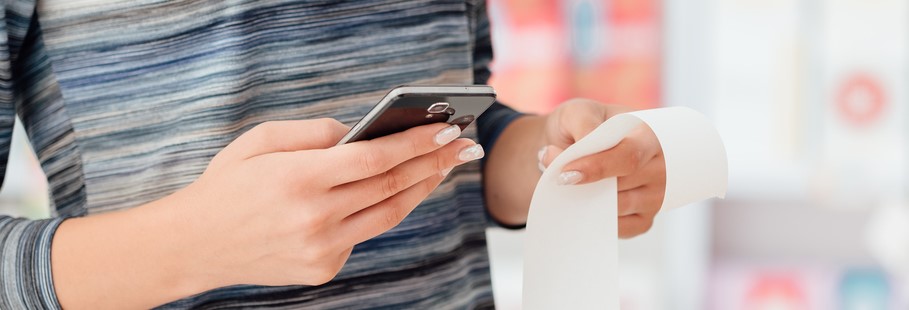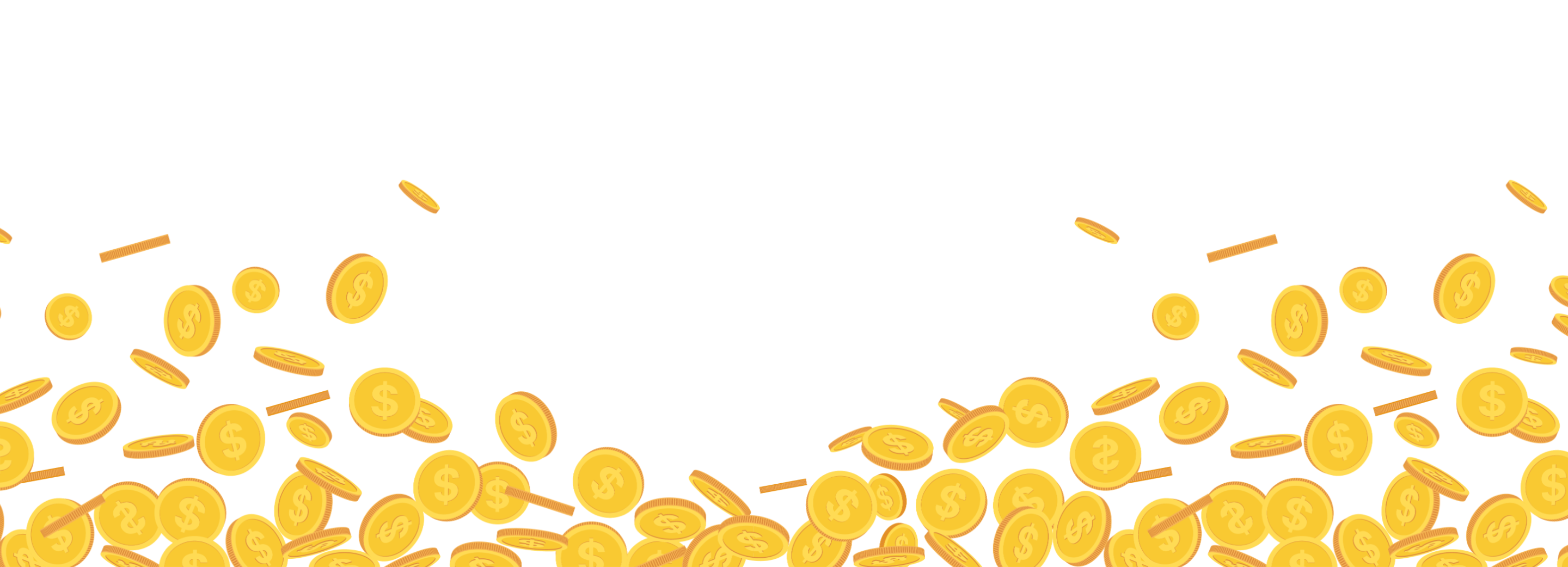They pile up on your countertops and fill your purse, yet you can never find the one you’re looking for when you need it… yup, we’re talking about receipts.
Every time you buy something, you’re given proof of purchase and ownership in the form of a receipt. But why are receipts important? And is hanging onto them really worth the extra clutter?
Unfortunately the answer is – it depends. Is it likely that you’ll need to prove you spent $3 on a gallon of milk? Probably not. But it could happen! And if you handle the majority of the shopping in your household, you get a lot of receipts, and you never know which ones you may eventually need.
So before you decide it’s time to pitch your collection for good, consider all the ways those little slips of paper may come in handy down the road.
Why is it important to keep receipts?
Taxes
Saving receipts for taxes is probably one of the most common reasons people think to do so. There are various purchases that could lower your taxable income including medical expenses (and any gas, parking, or tolls related to your medical care), childcare costs, and renewable energy upgrades to your home. If you’re self-employed, anything you purchase related to your business could be tax deductible as well. You should also do a quick search for tax deductions specific to your state – some may surprise you!
However, if you’re going to claim any purchases as tax deductible, the IRS recommends saving those receipts for at least 3 years after you file. And even if you’re unsure whether or not something qualifies, save it anyway – your CPA will know, and you won’t have to worry about missing out on any deductions.
Returns or Exchanges
Another reason you may want to keep your receipts is in case you need to return or exchange anything. We all know that clothes can be a gamble, and you don’t want to be stuck with something that doesn’t fit (or worse – end up with store credit somewhere you’ll never shop again). You also may end up with a case of buyer’s remorse, so you always want the option to get your money back after you realize that deal definitely sounded better in-store.
But saving receipts is just as important for groceries as well. What if you get home and realize that yogurt you bought in bulk expired two days ago? What if your milk smells funky as soon as you open it? Tight budget or not, the last thing you want to do is go out and rebuy the same groceries you just bought, and having your receipt can save you a major headache.
Warranties
The first thing you do when you make a major purchase is register the warranty, but those money-back guarantees are just as valuable on other products as well. When your 6-month-old blender suddenly stops blending, that tiny slip of paper could save you time, money, and stress (bonus: you’ll also get a brand new blender!).
Budgeting
Saving your receipts isn’t just great for protecting the money you’ve already spent – it can also help keep your budget in-check for the future. If you’ve ever caught yourself wondering where is all my money going?, you could probably benefit from saving your receipts and taking a closer look at your spending habits.
When your receipts aren’t just immediately thrown away, you suddenly feel more accountable for every dollar you spend, and your bank account may get a little healthier in the process.
Recalls
It happens. That food item, electronic, or other product you bought turned out to be not-so-safe, and now you’re trying to figure out whether or not you can get your money back. But fear not! With a receipt, the process is simple. And if the faulty product results in a class action lawsuit, you may end up with a little bonus for your troubles.
Reimbursements
Did you pick up snacks on your way to the company holiday party? Or run to Office Max when your building ran out of paper? If that’s the case, you’re probably entitled to reimbursements. However, your boss isn’t going to pay you back based on what you think the price was. Nope, the easiest way to guarantee that money isn’t lost forever is by giving the receipt to the person with the checkbook. No receipt? Too bad, so sad.
Rebates
You’d be surprised how many times that *incredible* deal you saw is only incredible after rebate. But if that process were simple, they’d just give you the discount upfront. Instead, you’ll typically need to submit a receipt along with some other information to prove you really, really bought whatever item is part of the promo. Accidentally throwing it away could end up costing you more than you think.
So… what receipts should I keep?
Well, that’s where things get complicated. All receipts have value, but that ends up being a lot of paper. And asking yourself should I keep my grocery receipts? every single time you get home from the store is exhausting.
Without a plan, your receipts will undoubtedly end up in a pile on the counter – which is why most people either keep all of them or none of them. Even if you decide to only keep receipts for certain categories, it’s easy to accidentally throw them away out of habit or forget you also picked up a new toaster while you were getting groceries at Walmart (bye bye, warranty).
So, unfortunately, the best advice we can give is to create a system that works for you and save them all. Present You may feel overwhelmed now, but Future You will be grateful every time one comes in handy.
And what’s the best way to save receipts?
When most people think of saving receipts, they imagine folders and paper clips and envelopes galore. And while that method is tried and true, there are digital solutions that will make the entire process much easier.
Receipt Hog doesn’t just store your receipts (indefinitely, we might add – how’s that for thoroughness?); it also rewards you for doing so. And while you’re earning real cash for every receipt, you can also leave store reviews and track your spending. Get into the habit of scanning your receipt as soon as you leave the store with our easy-to-use app, then you can toss it in the trash without a second thought.
Download Receipt Hog from the App Store or Google Play Store today to reclaim your counter and wallet space, and never wonder where in the world you put that little slip of paper ever again.


